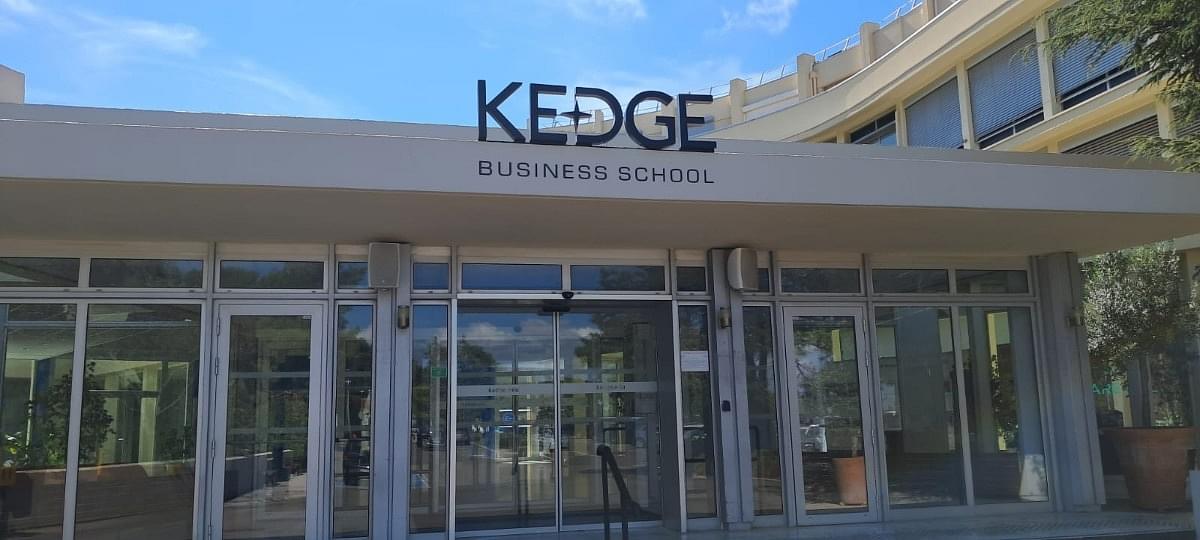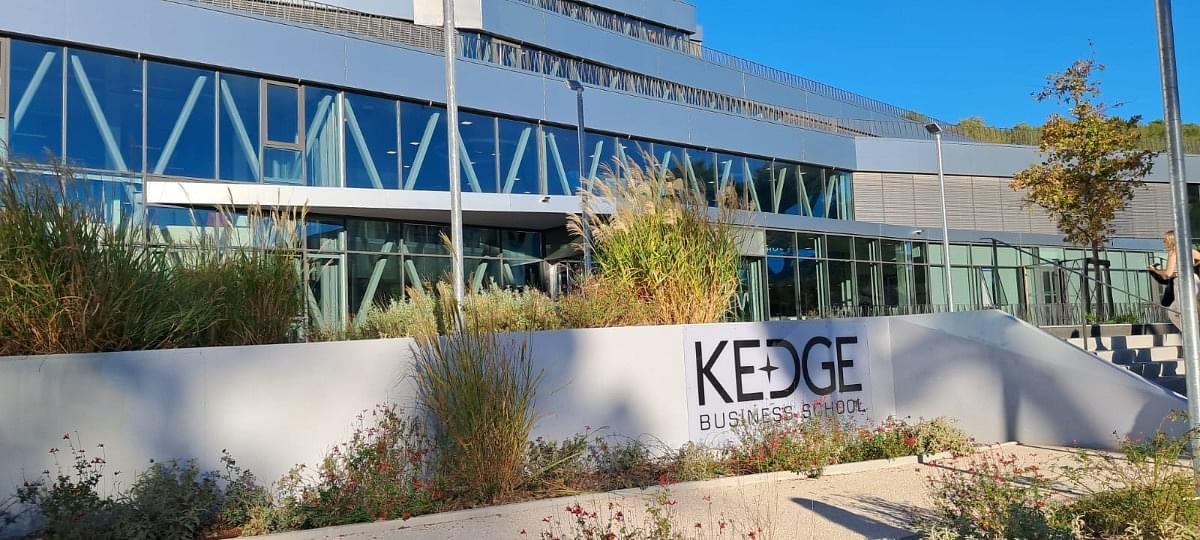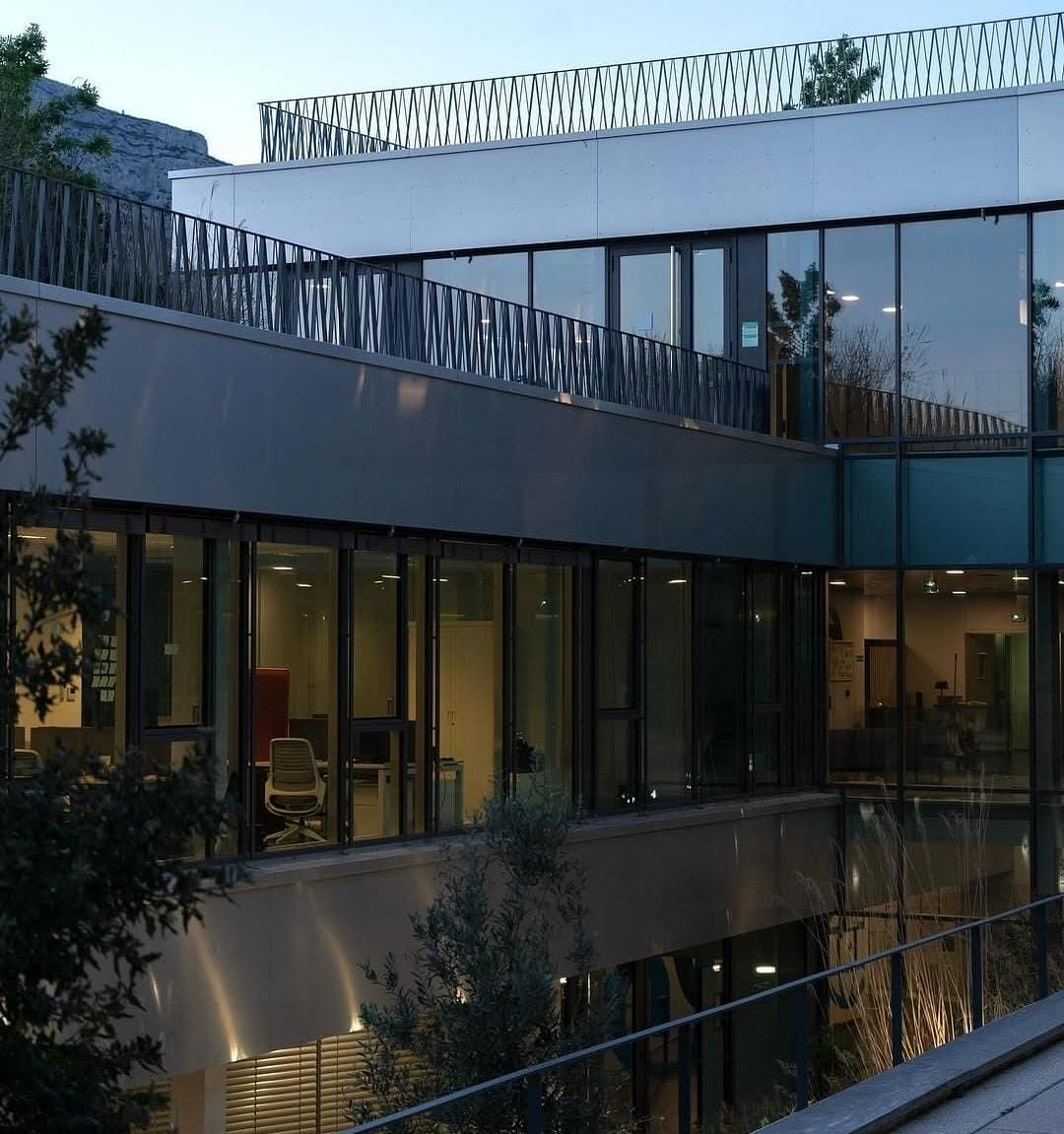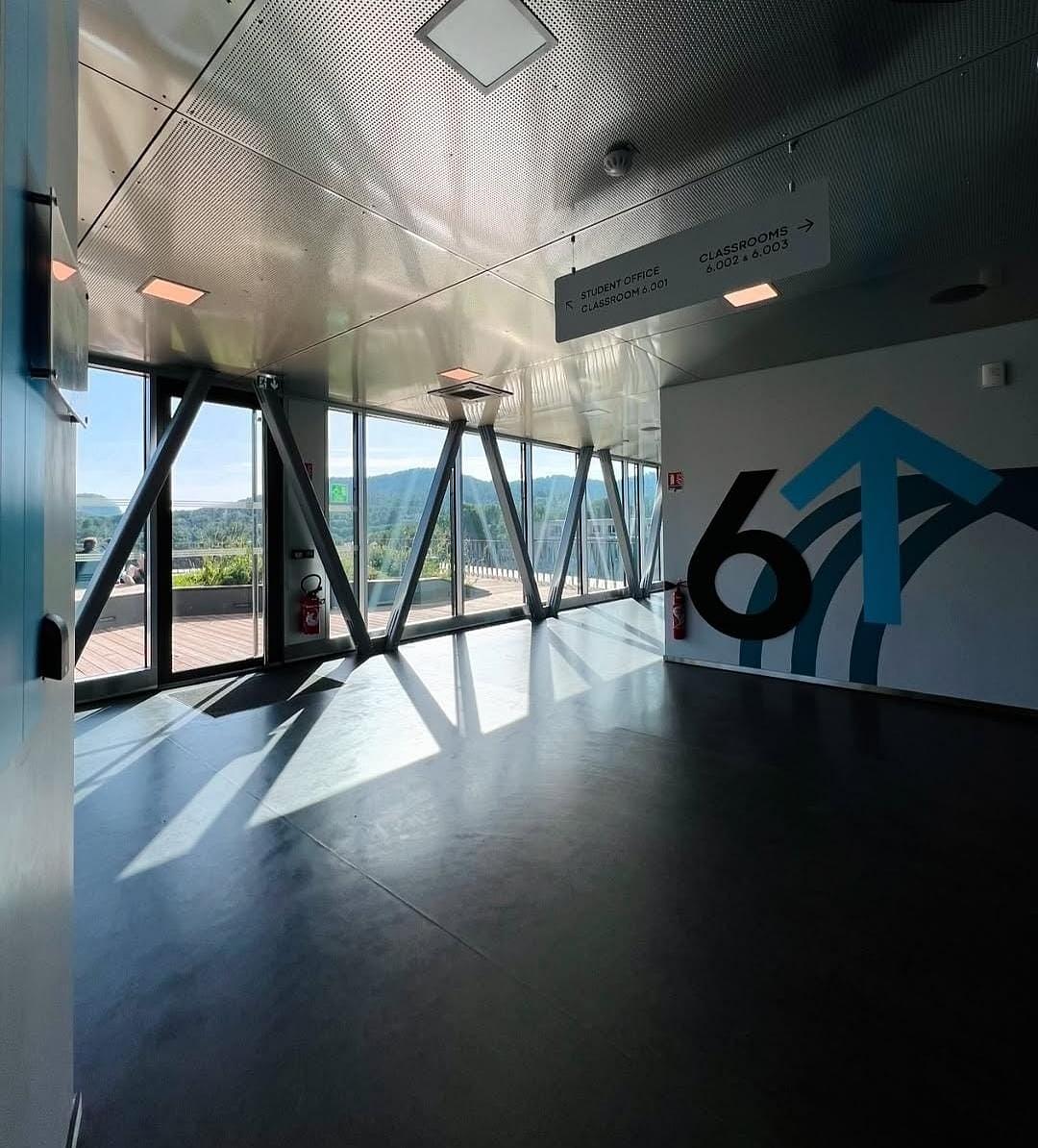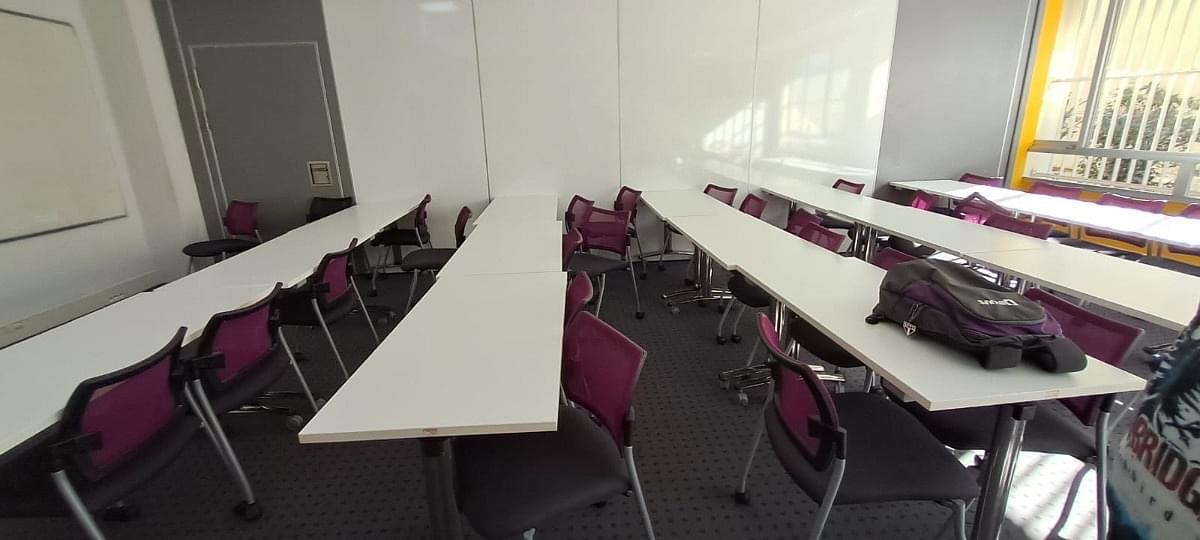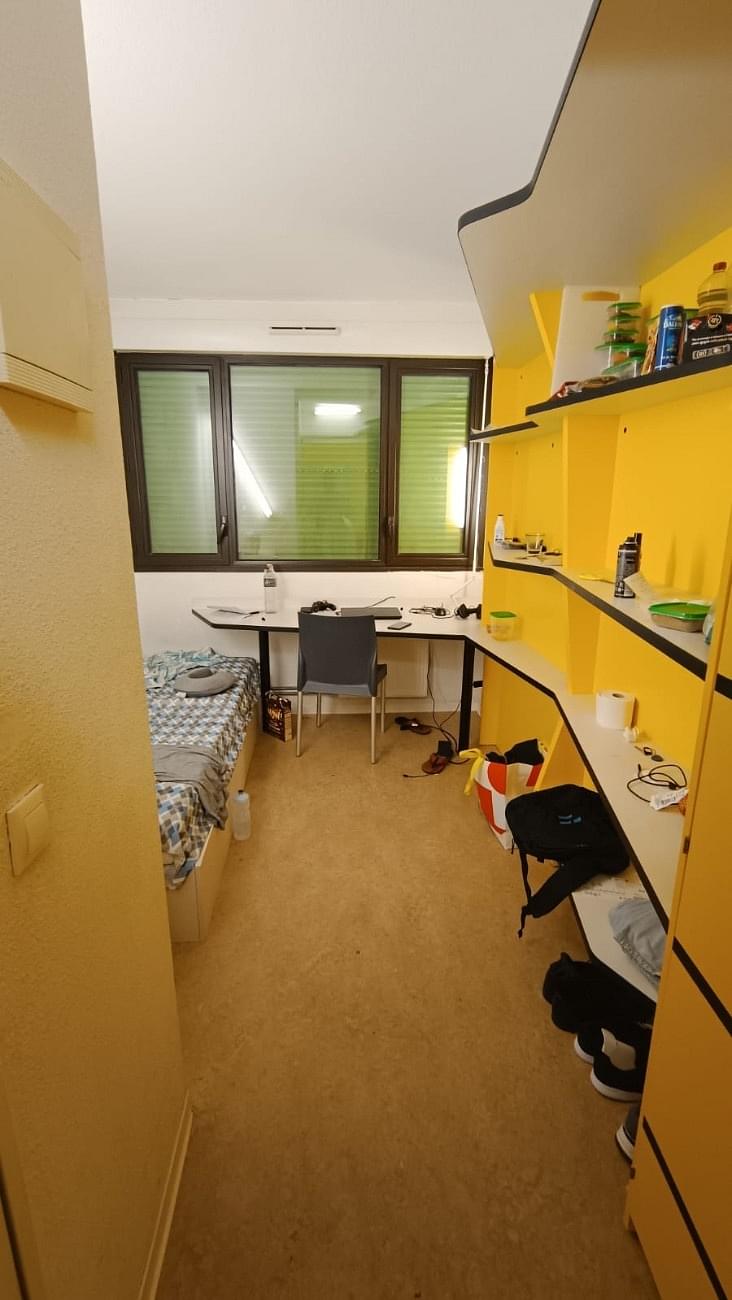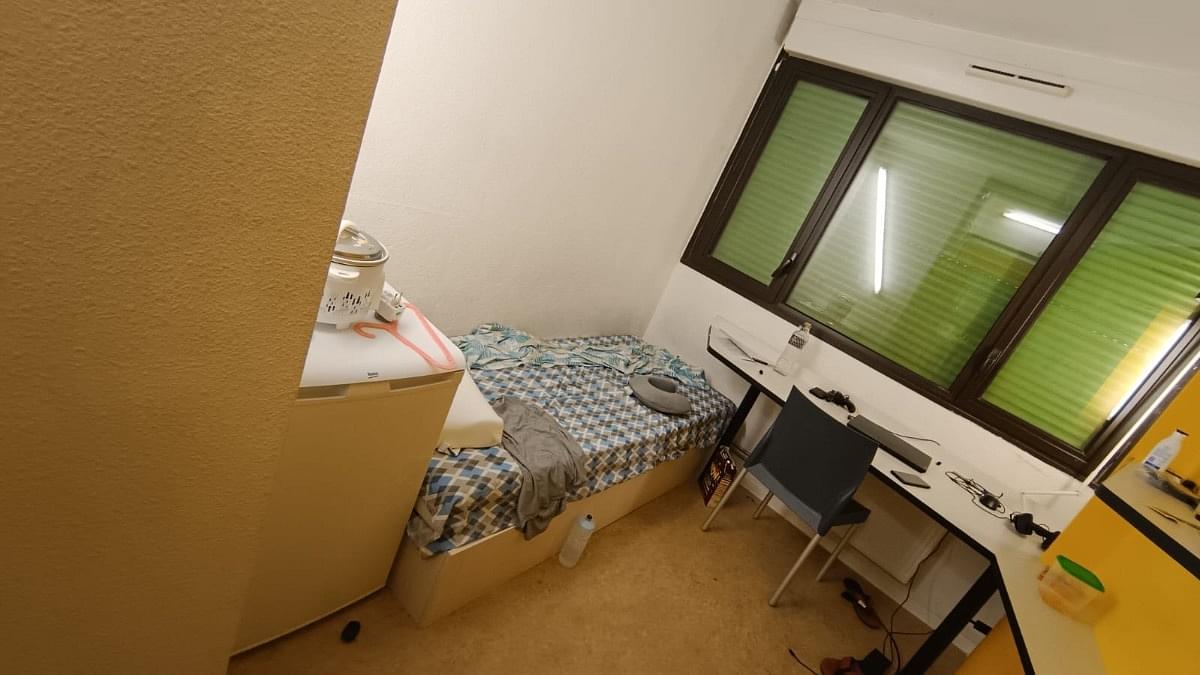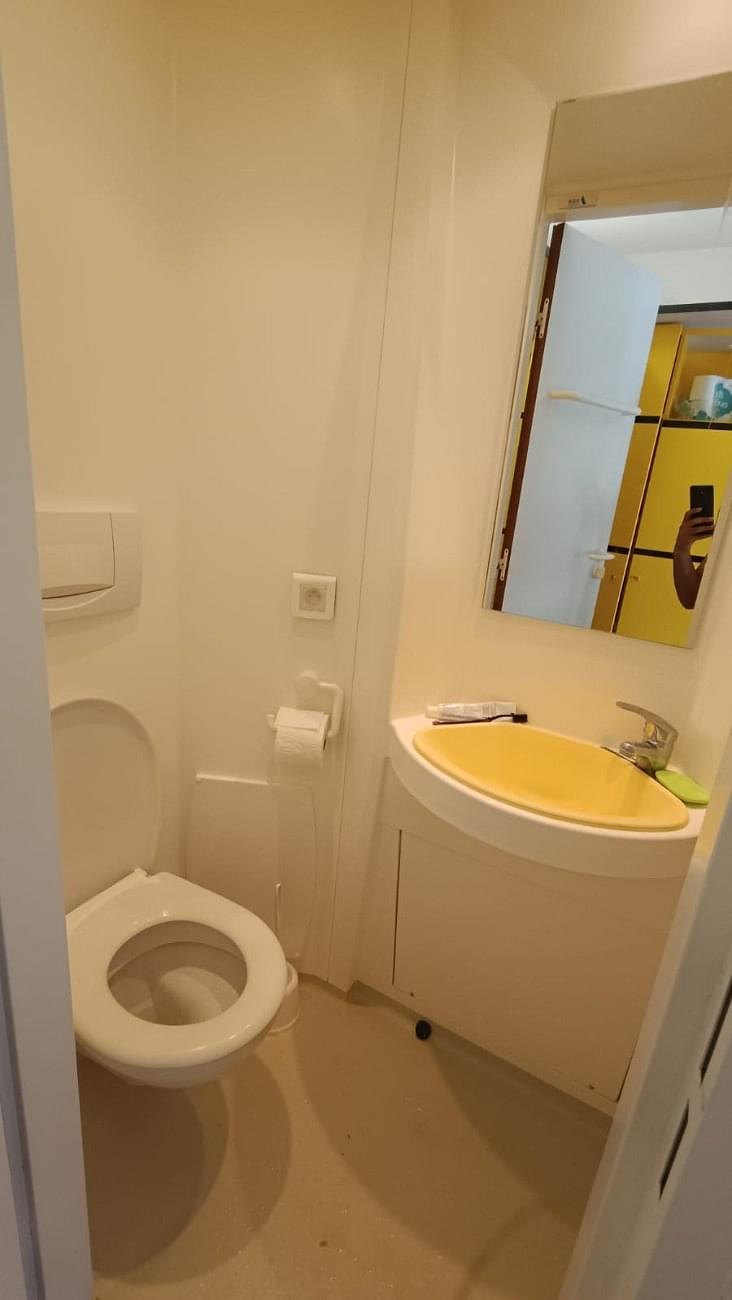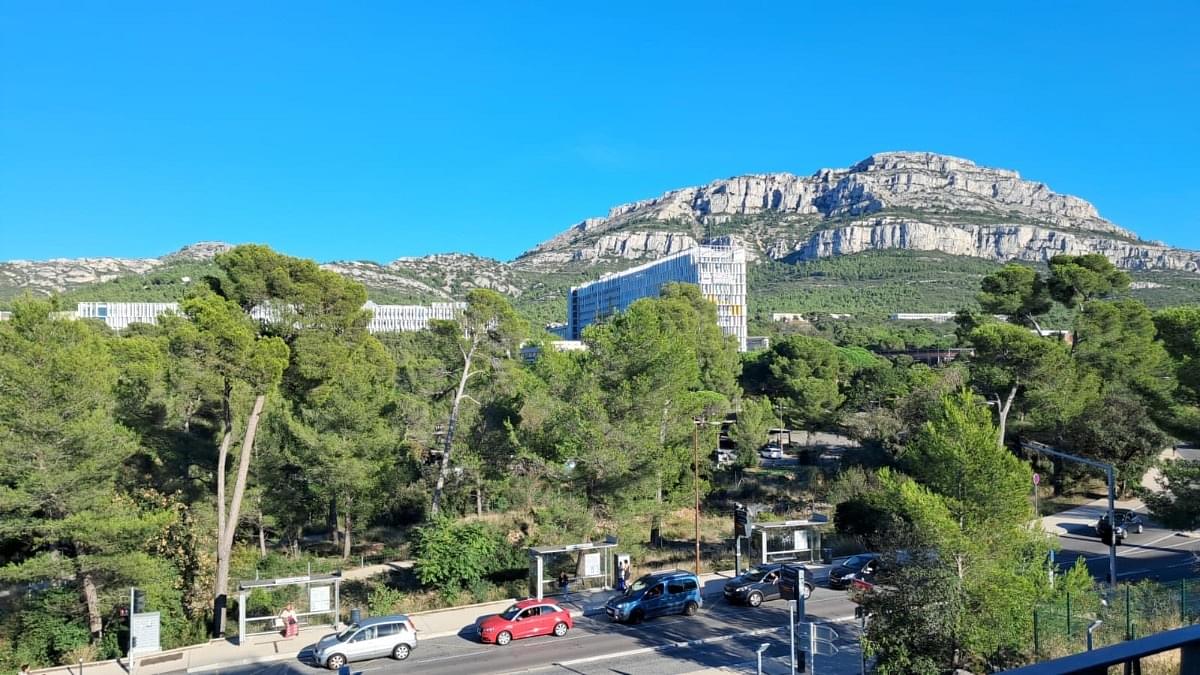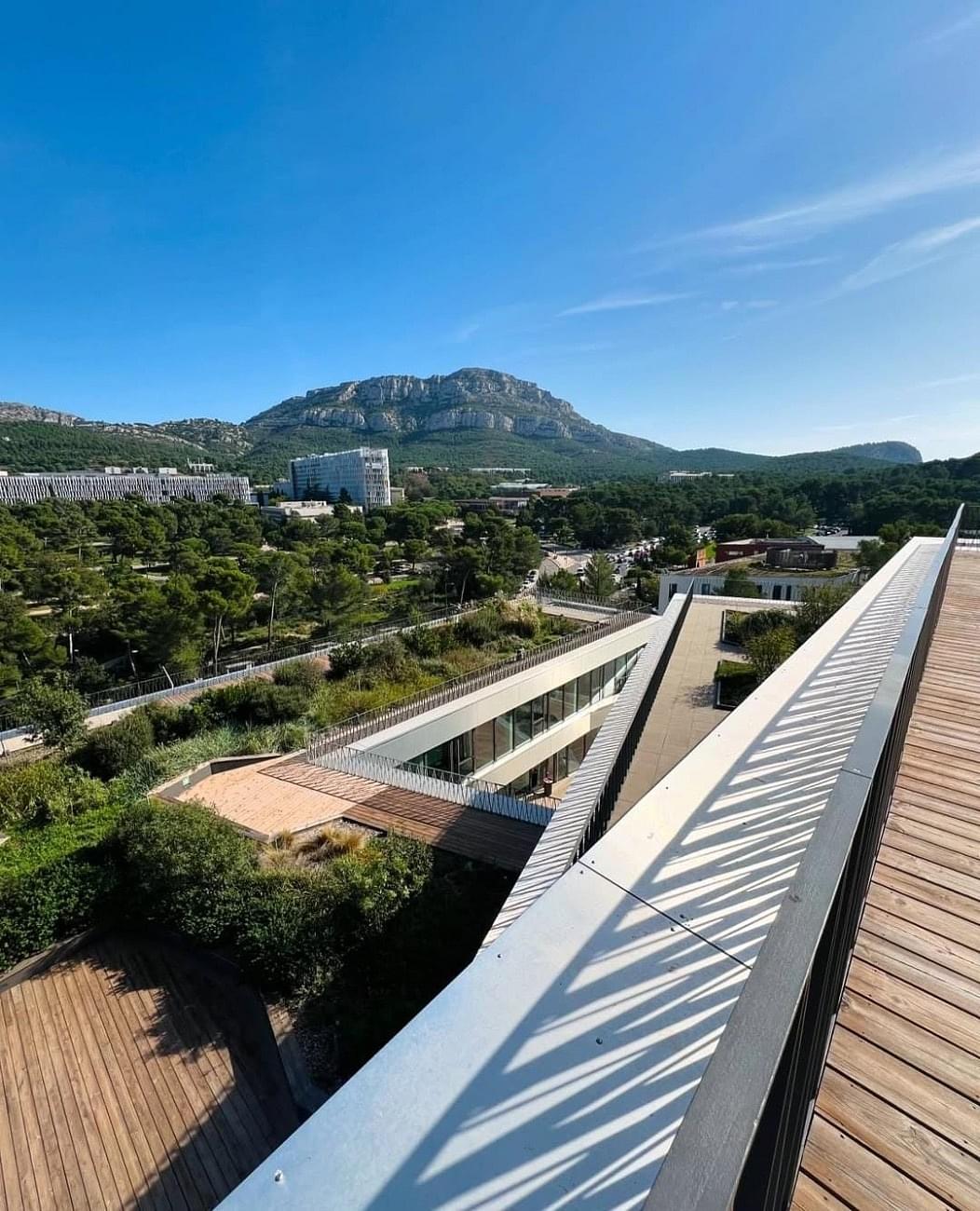What Students Say
Likes
- The campus environment is vibrant and well-maintained.
- Well-equipped library and quiet study zones that support focused learning.
- Approachable faculty who are always ready to help, even over email.
Dislikes
- The cafeteria doesn't offer many regular or substantial vegetarian lunch options.
- Not providing students access to tools like Canva Pro and LinkedIn Premium for the duration of the academic year.
- Finding a job can be intimidating, especially for international students who struggle with language.
Course Curriculum
- The batch size typically ranges between 30 to 50 students, depending on the course. My program was of moderate difficulty, primarily because we had to adapt to European marketing strategies, tools, and shortcuts. The curriculum was a balanced mix of theoretical and practical learning, though it leaned more towards the practical side. Most of our assignments were based on real-time projects rather than simulated ones.
- On the positive side, the course gave me valuable insight into the working culture and marketing environment in Europe, especially in the field of brand management.
- On the challenging side, job hunting post-graduation was overwhelming. As French is not my first language, establishing a foothold in the local job market proved to be difficult.
- Class schedules varied depending on the professor. Typically, we had three sessions a day, starting from 8:30 a.m. to 4:30 p.m. and sometimes extending until 7:30 p.m., with breaks in between.
- During my year, we had 8 Indian students in the class.
Admission Experience
- Prior to being accepted to KEDGE, I was on the waitlist at ESSEC for both the Luxury and Brand Management programs. Due to my lack of marketing experience and language skills, NEOMA rejected my application. Additionally, I was on King's College London's waitlist for their marketing program. There was nothing wrong with the applications or documentation submitted; I simply did not have adequate expertise in luxury management, which resulted in rejection. However, the interviews taught me a lot.
- I was attracted to KEDGE Business School due to its expertise in luxury and brand management, matching my professional goals. The program is practical and business-focused and offers the opportunity to undertake real-world projects—something that I could not find in certain other courses.
- KEDGE welcomed me into their Brand Management and Luxury Management specialisations. The most important factors were the school's focus on the world, robust connections to the industry, and the opportunity to study in France, a key global hub for luxury brands. Also, the support for international students and career opportunities impressed me. The process started with an online application, where I had to upload my academic transcripts, statement of purpose, CV, and letters of recommendation. I was interviewed after I had sent in the documents, and I was asked about my goals, previous experience, and reasons for applying to KEDGE.
- I received my offer letter a few days after the interview. The admissions procedure was straightforward and effective in general. I was put to task to prepare for the interview without prior experience with the European admission styles. However, the interview board was polite and eased the tension of nervousness. The highlight was being accepted in both specialisations, which gave me the liberty to create my own academic life. Since I already had a master's degree from India and had 2 years of work experience, I did not have to sit for any English-speaking examinations. A letter from the company I was working at and the CLG explained that my work experience and education had been done in English and were found to be enough.
-
In order to get settled, acclimatise to the climate, and complete formalities such as opening a bank account prior to classes beginning, I decided to join in the September intake. It took three to four months to go through the admissions and immigration process. I applied for the visa once I had submitted my documents to Campus France and received the NOC. Plan ahead of time because time can fluctuate.
Faculty
- The student-faculty ratio was 1:10–12, permitting individualized attention and guidance. Education was through case studies, live projects, and industry guest lectures, which made the learning applicable and relevant to European brand management. A few professors also provided job tips and career advice outside of class.
Campus Life
- KEDGE has campuses in France and overseas, such as in Paris, Marseille, Bordeaux, Shanghai, and Dakar. Amenities include libraries, sports facilities, wellness areas, and co-working areas. With 60+ student clubs, events, and festivals, student life is active—ranging from debates and MUNs to trekking and community initiatives.
Part Time Jobs
- I don't know much about TA/RA jobs, but students can volunteer on campus or do part-time work at local shops, babysitting or tutoring—usually requiring basic French. Jobs typically pay approximately €10/hour. Students can work up to 35 hours/week under the law, although getting a job may be difficult due to the language issue.
- At the local grocery stores or at the Indian hotels and restaurants. Getting a job at the hotels or restaurants is not that difficult; however, some basic communication skills are required for that. For the application, you need to provide your resume catered to the part-time job you're searching for. Students have to pay close attention to the signs the stores put up for workers required or find out through word of mouth. Process of Interview again depends on the location and the nature of the work you're applying for.
Placement
- About 80% of the students get internships within six months. MSc internships typically pay €1,200+/month based on the city. Most get jobs through LinkedIn, networks, or referrals. My batchmates acquired internships in France or India, with companies like L'Oréal and startups. Outcomes vary based on your field, network, and experience.
Accommodation
- I acquired the apartment through college referrals. My home was €465/month, down to €350 with CAF assistance. It had minimal amenities. That building is no longer available, so students use CROUS or websites, but there are scams. Living close to campus is possible, but initial payments and securing insurance can be tricky.
Exams
- To secure admission, I submitted my IELTS scores, academic transcripts, SOP, two LORs, and a recent CV. In the interview, I was also asked to compose an essay on a brand that motivates me. My ambitions and my selection of France and KEDGE were the key themes of the interview, which was conducted by the course coordinator and was instrumental in the selection.
Fees
- My course tuition was €12,500/year. Advance of €1,000 guarantees entry. Rest can be paid in installments on giving notice to the audit team. Housing in Marseille is €500–€800/month. Students can apply for CAF after legal formalities such as bank account and visa are completed. An RTM card for transport is ~€50/month. Daily needs vary according to lifestyle.
Scholarship
- In fact, there were scholarships available for the course, but I cannot recall their specific names or full requirements. However, some of my classmates received financial assistance or partial scholarships, mainly because of their outstanding profiles, early submission of their applications, or top performance in school.
- There were variations in the number of beneficiaries and the amount of rewards each year. In my case, I did not receive any scholarship for the course.


